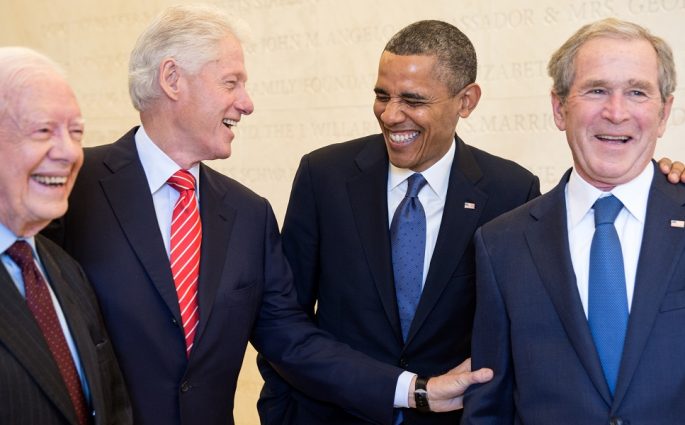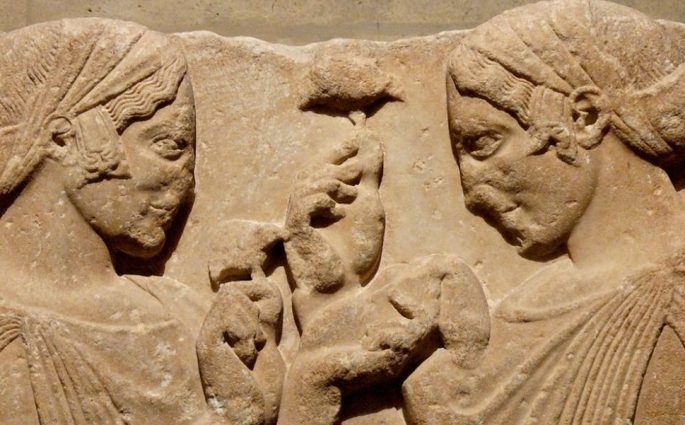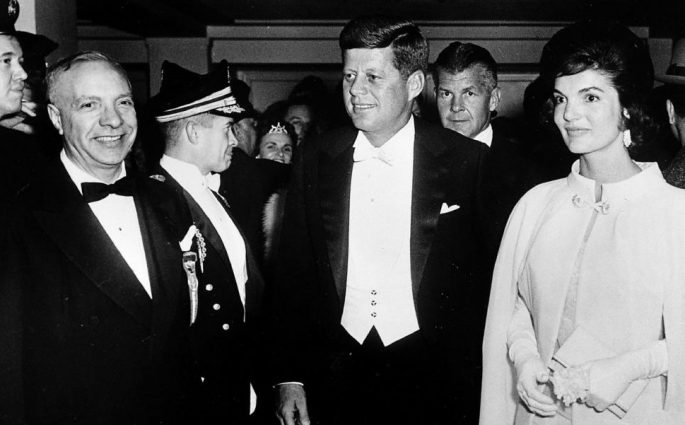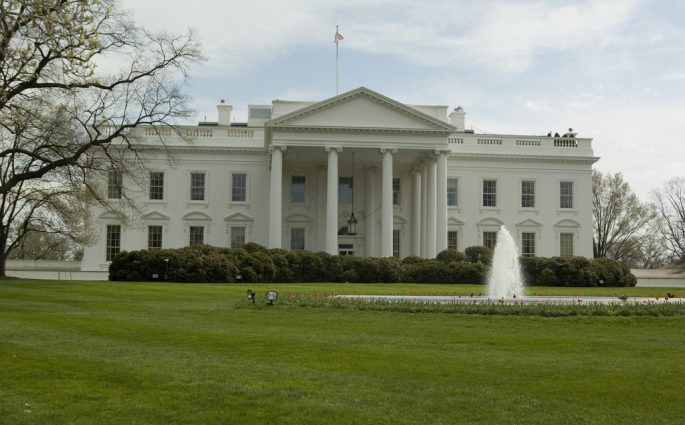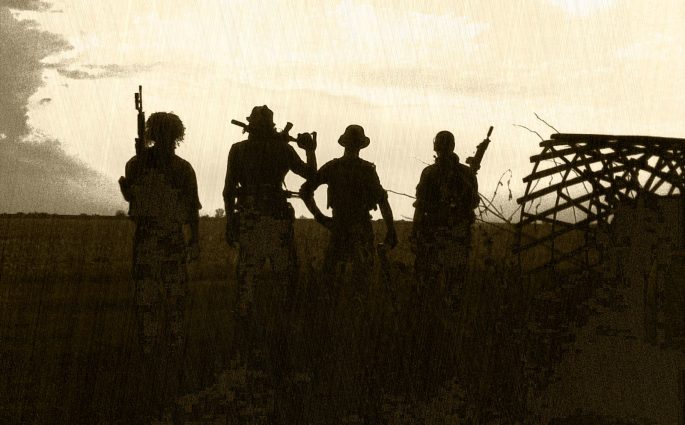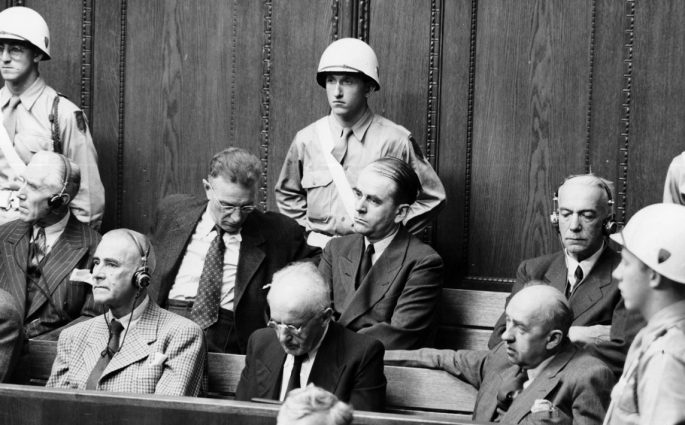11 Little-Known Facts about the U.S. Presidency
Benjamin Ginsberg— 1. Presidential succession is governed by the Twentieth and Twenty-Fifth Amendments of the Constitution and by the Presidential Succession Act. Neither the amendments nor the act covers the possibility that the general election winner might die or become incapacitated before the Electoral College votes or that the apparent

